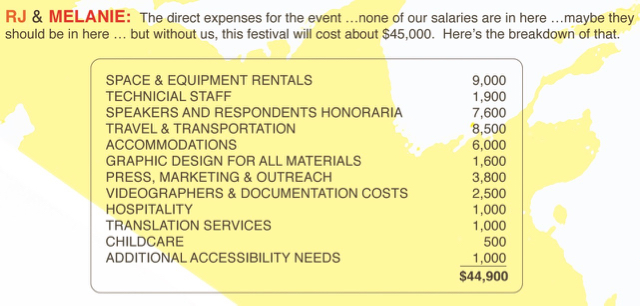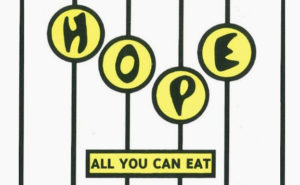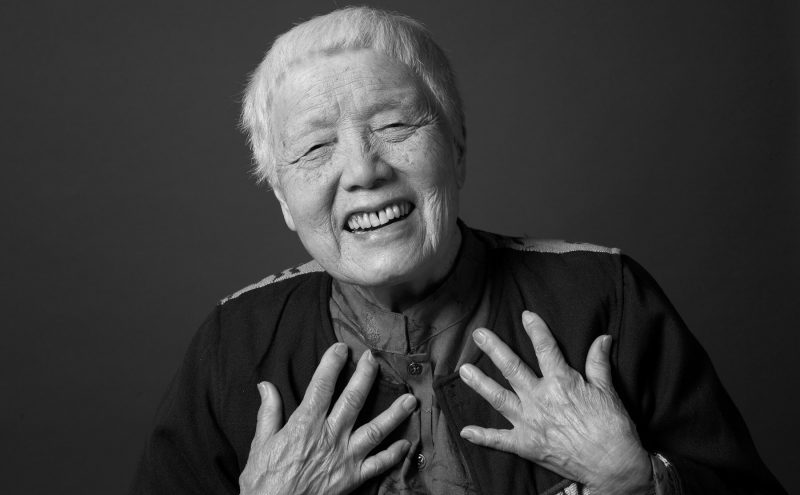
A weekend of “show & tell” presentations about some of the systemic approaches that are innovating new modes of democratic practice, featuring practitioners from across the world who are (with millions of others) redefining nothing less than how the world works. Innovative and functioning alternative practices in economics, safety, media, politics and more demonstrate that the world is already working in radically imaginative and different ways.
Featuring
Grace Lee BoggsNelson Johnson
Andrea Smith
Amy Goodman
Rafael Litvin Boas
Mzwakhe Mdlalose
Claudia Acuna
Diana Nucera
Mimi Kim
Joyce Johnson
Michael Peck
Daniel Tygel
Creative Producer:
RJ MaccaniApril 2012 : Cooper Union
Opening Plenary
Memories of the Future
Opening night at the Great Hall at Cooper Union featured Grace Lee Boggs, (b. 1915) one of the great political and philosophical visionaries of our time. Boggs has been a part of almost every major movement in the United States over the last 75 years. Boggs was joined by Nelson Johnson, Executive Director of the historic Beloved Community Center of Greensboro, North Carolina and a leader of the Greensboro Truth & Community Reconciliation Project, and Andrea Smith, longtime anti-violence and Native American activist and scholar, and a proponent and innovator of new political practices.
The conversation was moderated by Amy Goodman of “Democracy Now!” FULL TRANSCRIPT
Grace Lee Boggs
Guest Speakers (all bios as of 2013):
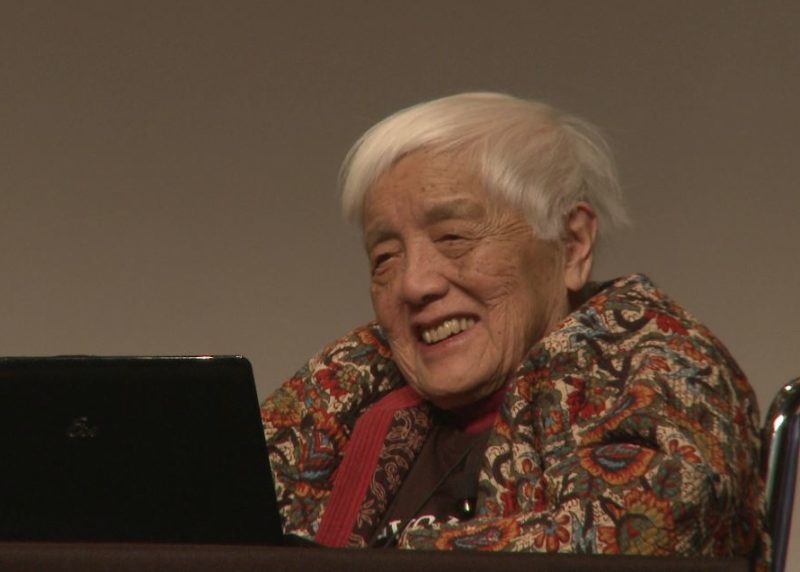
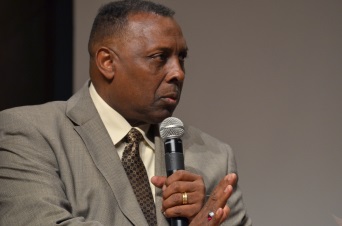
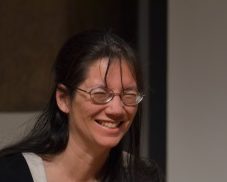
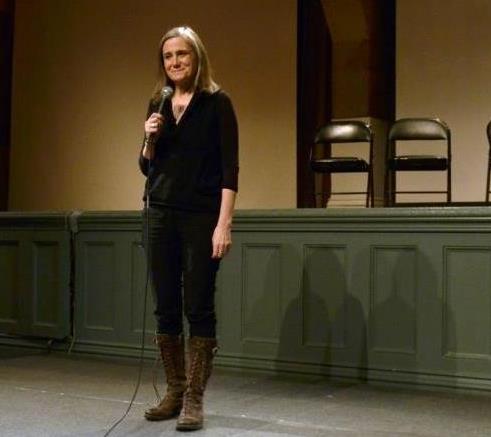
VIDEOS
Dialogue One
Another Politics
This discussion of alternative political orientations and systems that are actually happening throughout the world featured Rafael Litvin Villas Bôas, a coordinator of Brazil’s Landless Workers’ Movement (MST), one of the largest social movements in the world. The MST peacefully occupies unused land to establish cooperative farms, homes, clinics and schools for children and adults. Bôas was joined by Mzwakhe Mdlalose, President of the South African Shackdwellers’ Movement, the largest organization of the poor to emerge in post-apartheid South Africa, whose struggle for land and housing has become a catalyst for deepening democracy.
Rafael Litvin Villas Bôas
Guest Presenters:

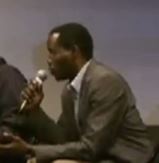
Raquel Lavina: Program Director at Social Justice Leadership
Maria Mercado: Member of Movement for Justice in El Barrio
Michael Premo: Co-creator of Housing is a Human Right and Sandy Storyline
VIDEOS
Dialogue Two
Another Media
This conversation featured Claudia Acuña, investigative journalist and founding member of the media cooperative La Vaca in Buenos Aires, Argentina; and Diana Nucera, Program Director of Allied Media Projects in Detroit, Michigan.
“Our starting point and finish line can never be money… Because we don’t have any. What we do have is people. Our technology is humans. We broadcast with our feet.”
— Claudia Acuña
Guest Presenters:
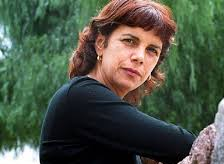
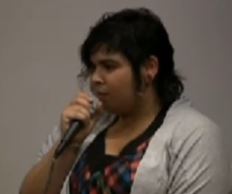
Alyssa Katz: Editor of The New York World
Marisa Jahn: Creative Director of People’s ProductionHouse
VIDEOS
Dialogue Three
Another Safety
How do we respond to our experience of violence or that’s produced in our society, thinking outside the criminal legal system that we’re inside today? Mimi Kim, founder of Creative Interventions in Oakland, CA; and Joyce and Nelson Johnson, who will present on the Greensboro Truth & Community Reconciliation Project. will tell us why that’s important to do, and show us a little about how it’s done.
Mimi Kim
Guest Presenters:
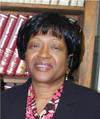
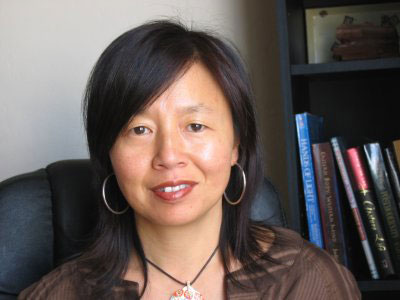
Jill Williams: Truth Commission Consultant and Occupy Faith Organizer
Yalini Dream: Collective Member of Safe OUTside the System
VIDEOS
Dialogue Four
Another Economy
Featuring Daniel Tygel, former Executive Secretary of the Brazilian Forum for Solidarity Economy; and Michael Peck, U.S. representative for the Mondragon federation of worker cooperatives in the Basque Country.
– Daniel Tygel
Guest Presenters:
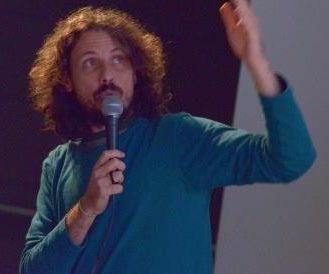
Formally a theoretical physicist, Daniel has contributed in the last 15 years with the solidarity economy, agroecology and environmental movements. From 2005 to 2011, he was executive secretary of the Brazilian Solidarity Ecomony Forum, which represents this popular movement in Brazil. He also works on EITA, a self-managed initiative dedicated to strengthening the grassroots social struggles through the construction of open source information technologies and participative methodologies for their use.

Carne Ross: founder and ED of Independent Diplomat
Juan Carlos Ruiz: Communications Coordinator at Green Worker Cooperatives
VIDEOS
How Much Did It Cost?
From the program:
